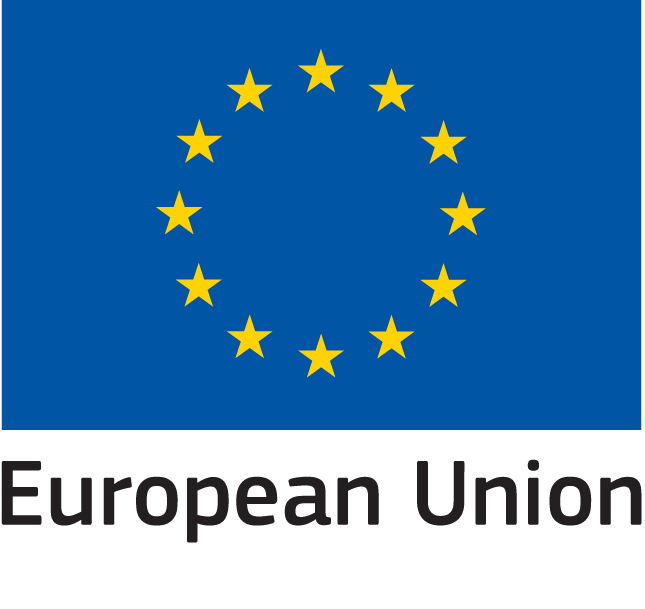Cities and Civil Society as Allies for the Energy Transition
No other relationship and cooperation in the world is as powerful, strategic, and integrated as the transatlantic relationship, yet it has entered into a period of uncertainty. The shared values, trust, and confidence built over more than six decades of cooperation between the United States and Europe led to the strongest and most comprehensive partnership in the world. They have worked together to cope with financial and economic crises, terrorism, nuclear proliferation, climate change, and other global challenges. Yet today critical voices are rising to question the shared interests and benefits of a strong transatlantic partnership. And changes in the U.S. administration are having reverberations on key areas for a cooperative framework, with significant consequences to the European Union, such as the fight against climate change. The decision of President Donald Trump to withdraw the United States from the Paris Agreement in June 2017 was received by EU leaders with regret and fear. Backsliding by the United States, the second-largest carbon emitter worldwide, could undercut collective efforts to reduce greenhouse-gas (GHG) emissions and weaken international resolve well beyond the country.
Nevertheless, when it comes to efforts to address complex global challenges such as climate change, it is clear that a transatlantic partnership is needed as a prerequisite for any viable solution. As a result, a new relationship for action is taking shape. In the words of Miguel Arias Cañete, the EU’s climate action and energy commissioner, the U.S. decision to withdraw from the Paris Agreement “has galvanized us rather than weakened us, and this vacuum will be filled by new, broad, committed leadership,” among which we find cities, states, and business leaders that promptly stepped up to lead the way on the climate agenda through actions such as the “We Are Still In” declaration.
The report also lays out the main lessons from cities for successful partnerships with civil society in six key dimensions:
There is growing momentum behind the prominent role transatlantic cities are playing in the global efforts to fight climate change and in the transition to a new energy paradigm. Through their actions, local authorities are increasingly shaping practices, strategies, and frameworks for energy and climate action, which are taken up at the national and international level. Many of them are going as far as setting the target of reaching 100 percent renewable energy, as endorsed by the U.S. Conference of Mayors’ resolution in June 2017. In the EU, an ever-growing number of cities are adopting bold targets on renewable energy. The combination of vulnerability to the adverse effects of climate change and a predominant role in energy consumption means that cities can and will be part of the climate solution. They cannot, however, act alone for they often control only a small fraction of local GHG emissions, a fraction which rarely exceeds 10 percent, and the majority are not responsible for their territories’ energy supply.
Download the full report »
This publication was produced with the financial support of the European Union. Its contents are the sole responsibility of the German Marshall Fund and do not necessarily reflect the views of the European Union. The views expressed in GMF publications and commentary are the views of the author alone.
Photo Credit: Viktoria Kurpas / Shutterstock
